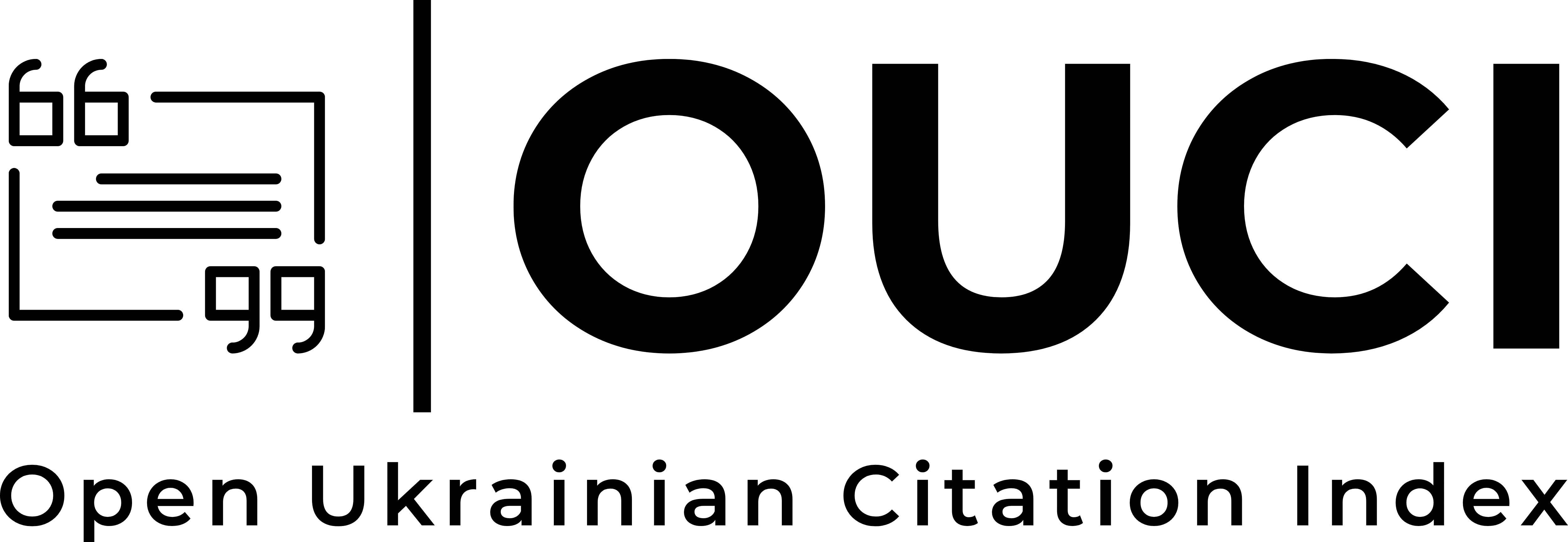Artificial Intelligence: Forcing the All-Round Dimension Upgrade of Human Civilization
DOI:
https://doi.org/10.71113/JCAC.v1i1.316Keywords:
Intelligent Age, Crisis, Dimension Upgrade, Education, Psychological CounselingAbstract
The rapid development of artificial intelligence (AI) has reached a stage that causes human concerns. Is AI beneficial to human development or will it destroy humanity? From the novel perspective of human life values and evolutionary dimension upgrading, this paper argues that AI will not destroy or endanger human survival; rather, it will drive the evolution and dimensional upgrade of human civilization. Making better use of AI can also enhance human productivity and happiness index. This view is demonstrated through the transformation and innovation in the fields of education and psychological counseling.
References
[1]Schwab, K. (2016). The Fourth Industrial Revolution (Li Jing, Chen Yanheng, Chen Jianing, Trans.). CITIC Publishing Group.
[2] Wu, Z. R. (2013). Outline of the Great Life View in the Platform Sutra. People's Publishing House.
[3] Harari, Y. N. (2017). Sapiens: A Brief History of Humankind (Lin Junhong, Trans.). CITIC Publishing Group.
[4] Deng, Z. M. (2022). A Buddhist Analysis of Modernity Issues. Magnolia Cultural Enterprise Co., Ltd.
[5] Yang, Z. L. (2007). Concise Dictionary of Psychology. Shanghai Lexicographical Publishing House.
[6] Huineng. (1924). Platform Sutra of the Sixth Patriarch. In Taishō Tripiṭaka (Vol. 48, No. 2008). Tokyo: Taishō Publishing Co., Ltd.
[7] Wu, Z. R. (2023). The Art of Reshaping Life. China Wenhui Publishing House.
[8] Xuanzang (Trans.). (1924). Heart Sutra. In Taishō Tripiṭaka (Vol. 8, No. 251). Tokyo: Taishō Publishing Co., Ltd.
Downloads
Published
How to Cite
Issue
Section
License
Copyright (c) 2025 Zhengrong Wu, Qunyan Peng

This work is licensed under a Creative Commons Attribution 4.0 International License.





















